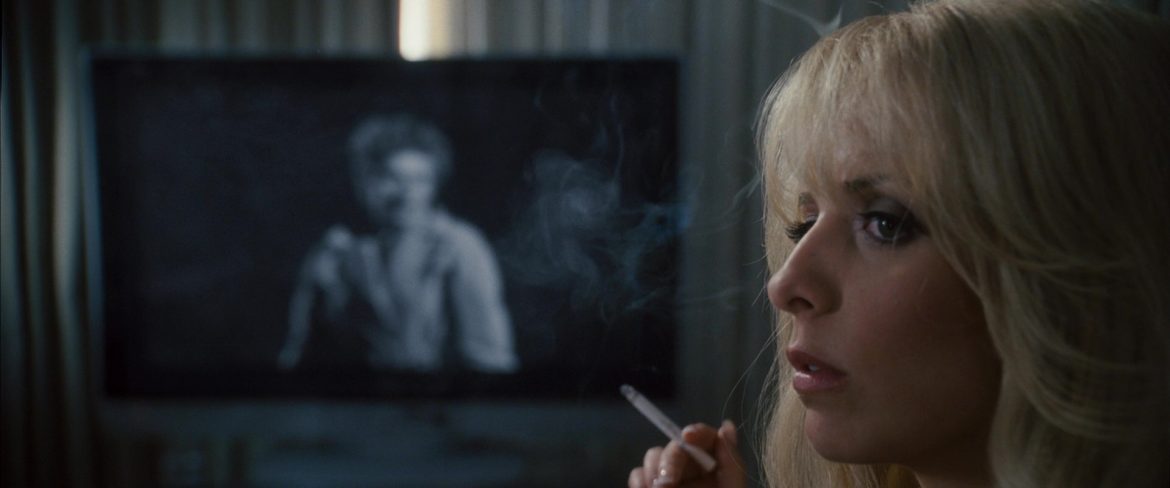After the recent acclaim of Boyhood and the lovely triumph that is the Before Trilogy, it’s hard to imagine a modern American cinema without Richard Linklater. But when Dazed and Confused appeared on the screen in 1993, it came as a surprise, a fresh voice and a gentle, throwback approach to the “hangout movie” that resonated with fans of stoner comedies and wistful nostalgia alike.
September 2016
Recently, the good folks at Swampflix invited me onto their podcast to talk about the films of Richard Kelly: Donnie Darko, Southland Tales, and The Box. (I’m leaving aside Domino, because he did not direct it, and because it is both atypical, a Tony Scott film, and also bad.)
The zombie occupies a unique position in the cultural imagination. Neither living nor dead, neither human nor animal, it is a boundary-blurring figure.
It can be, and usually is, frightening in its monstrosity and lack of category cohesion, but it can be tragic, too: most zombie stories involve the shock and sadness of seeing loved ones become … not quite themselves.
Creating a believably “lived-in world” is both a necessity for accomplished animation and a critical cliche. That phrase has to be up there with “dream-like” and “too on-the-nose” in someone’s list of Things Critics Need To Stop Trotting Out. Yet it’s true: Disney’s Zootopia, the Mouse House’s best feature in years, looks and feels entirely lived-in.
One of the fascinating revelations gleaned from the Silent Era is the degree to which there really is nothing new under the sun. As Martin Scorsese told Roger Ebert, “Each film is interlocked with so many other films. You can’t get away.
It is an article of faith among your more generous cinephiles that you should never be embarrassed by the classics you haven’t yet seen. Everyone has blind spots, no one has time to see everything, and a gap in your viewing only indicates how much you have to look forward to!
With his expression of thoughtful weariness and a face that inevitably brings to mind the word “hangdog,” Vincent Lindon owns every moment of Stéphane Brizé’s recession-era morality play The Measure of a Man (La loi du marché). As protagonist Thierry Taugourdeau, Lindon, who won Best Actor at Cannes and a César for his performance, is expertly nuanced in the role, frequently silent but always comprehensible, a downtrodden Everyman.
When I began writing about horror cinema as a form of oblique artistic grappling with our real-life treatment of nonhuman animals, it was with enthusiasm and several convictions. First, that this approach would merge two of my primary interests, philosophical issues of animal rights and their aesthetic representation and also scary movies.
Things are not quite what they appear to be in Surname Viet Given Name Nam, Trinh T. Minh-ha’s masterful 1989 documentary.
Beginning as an apparently straightforward portrait of several women’s lives in past and present Vietnam, the film grows increasingly experimental as it continues, morphing into a feminist, post-colonial interrogation of form, positionality, the authority of the image, and film ethnography itself.
Last month, we took a look at the curiously crucifixion-focused, cyborg-lacking endeavor Cyborg, featuring Jean-Claude Van Damme and the leftover costumes from Cannon Films’ abortive attempts to make Spiderman and a Masters of the Universe sequel. As I noted at the time:
Cyborg is fascinating for a number of reasons, but the connection between its eroticism and death fetish is its most notable.










